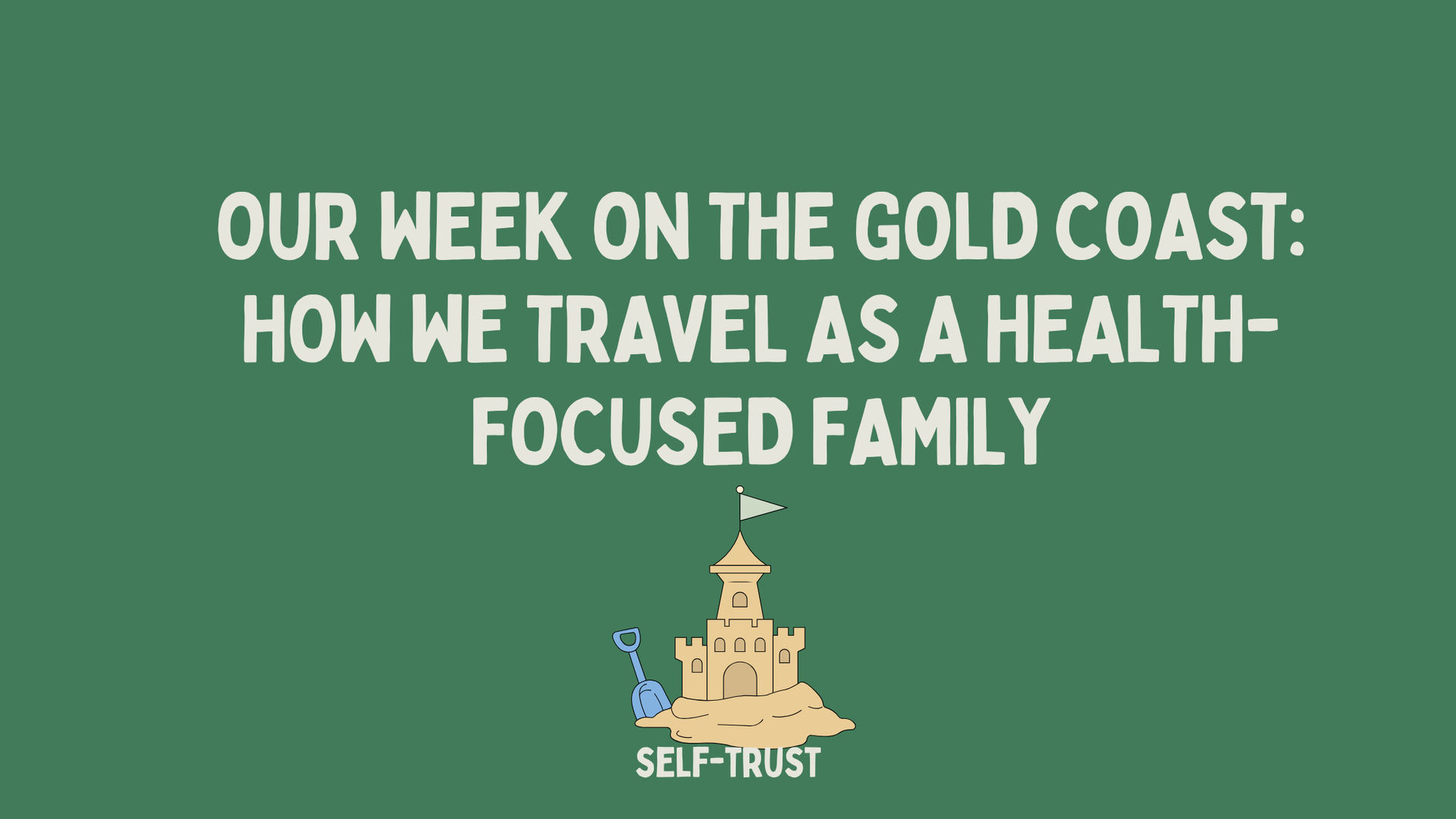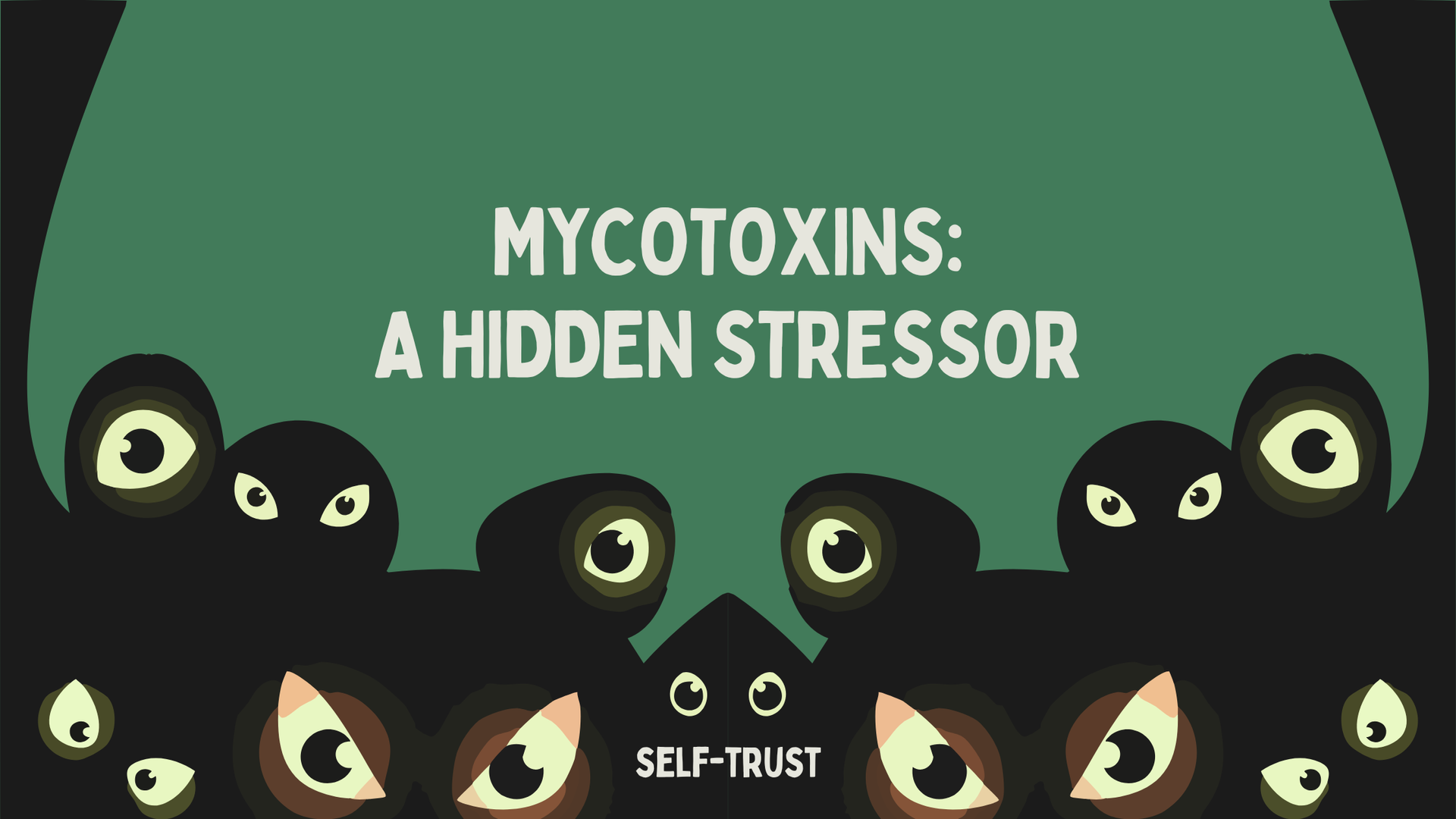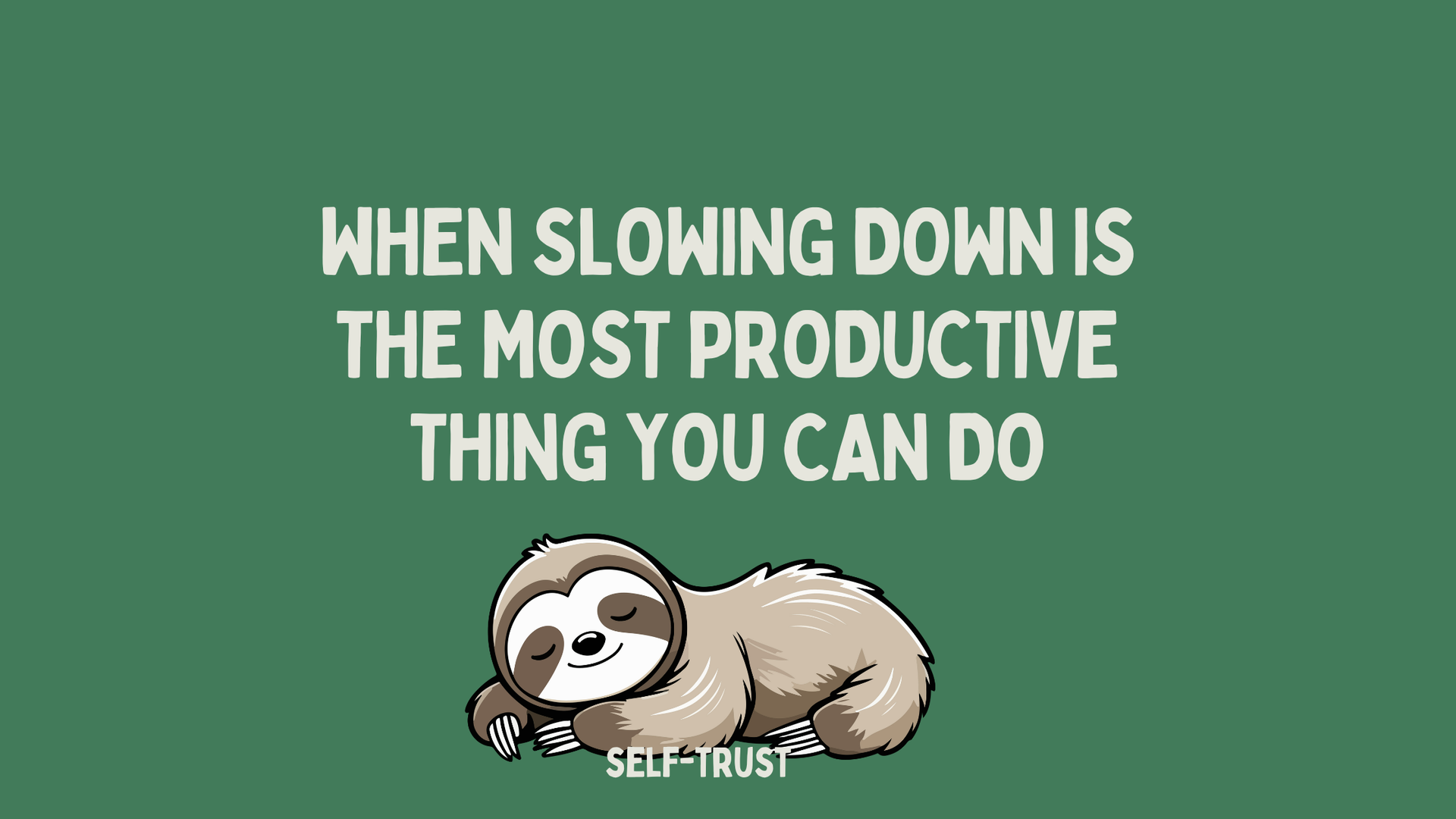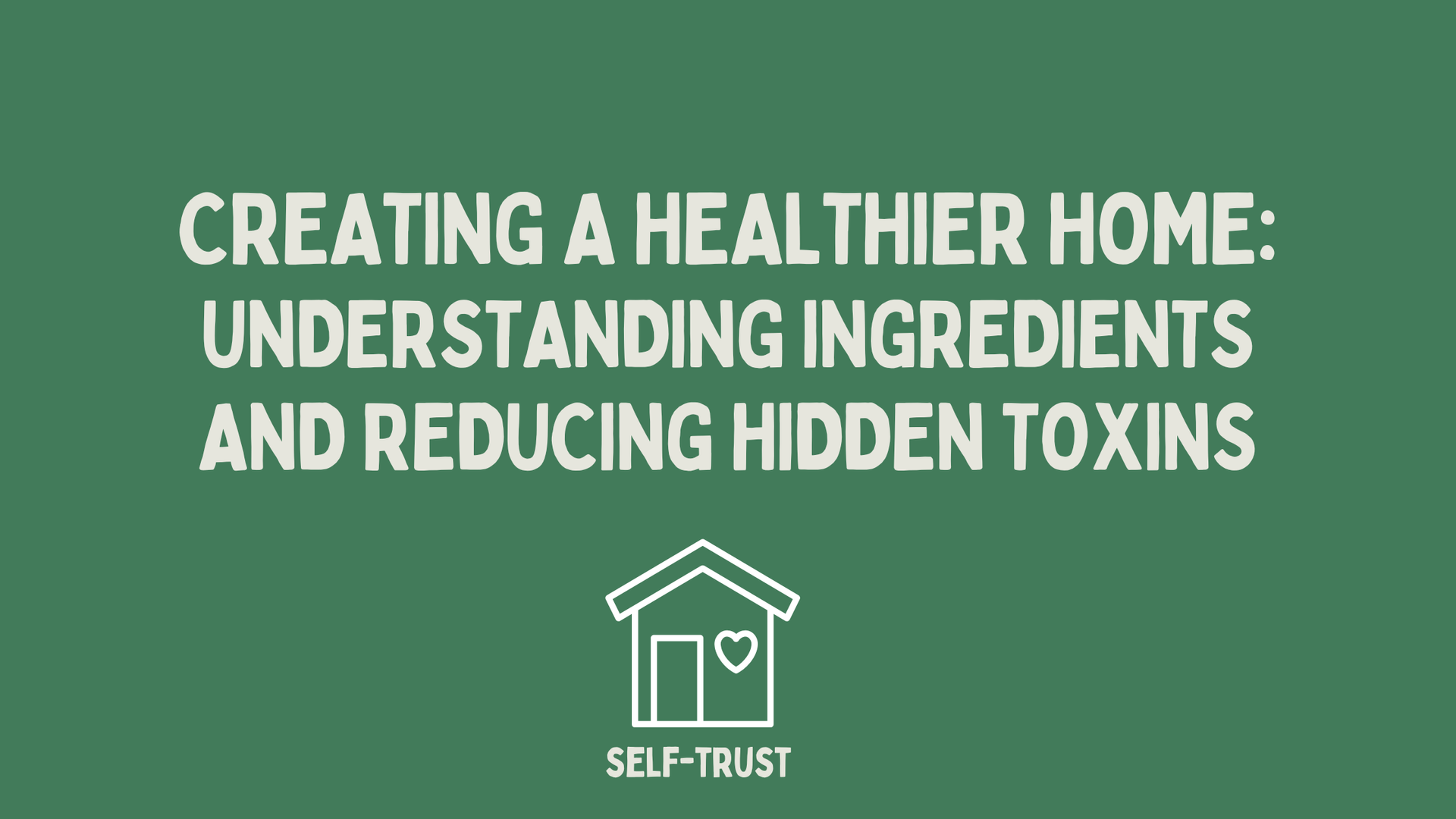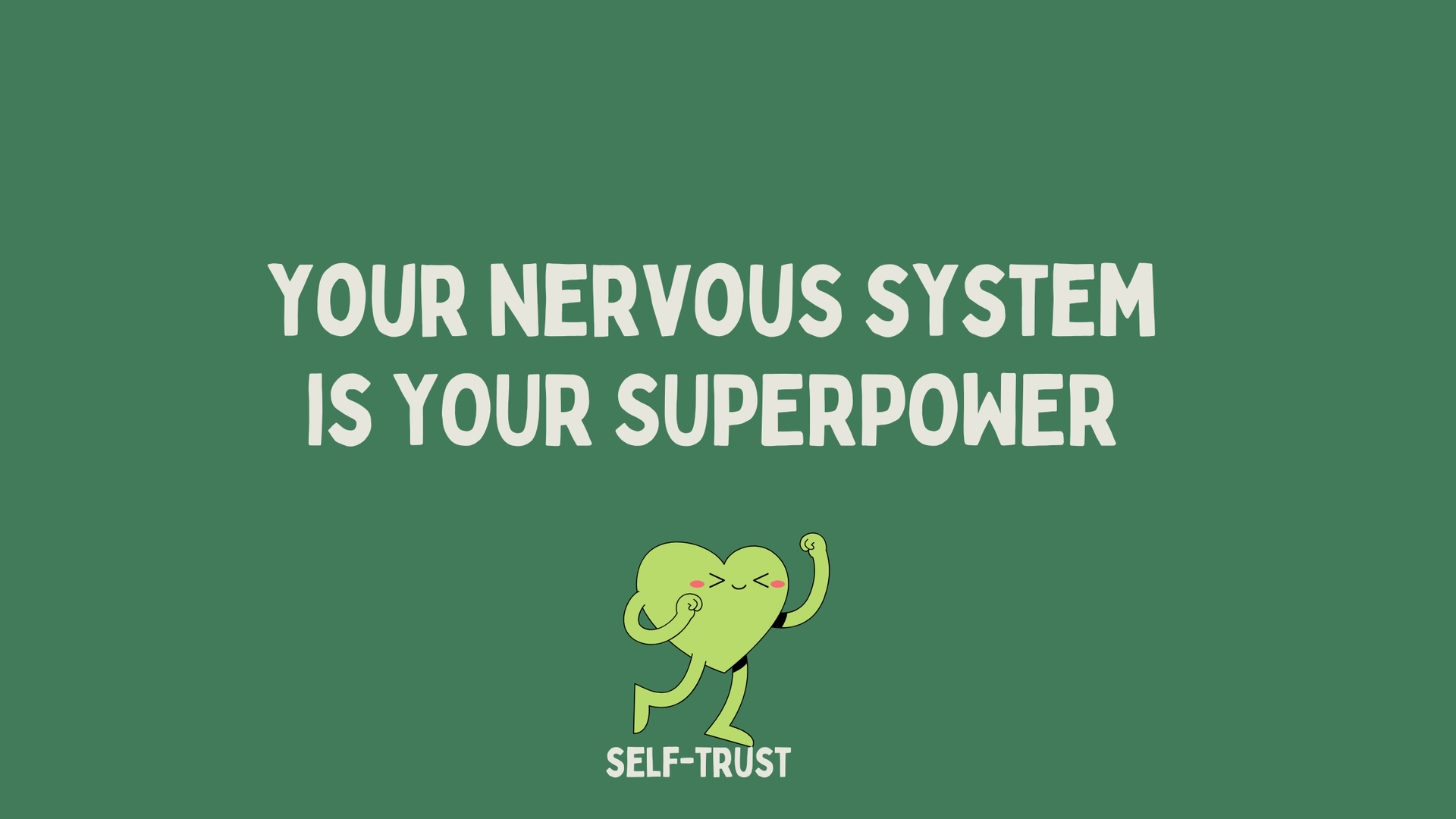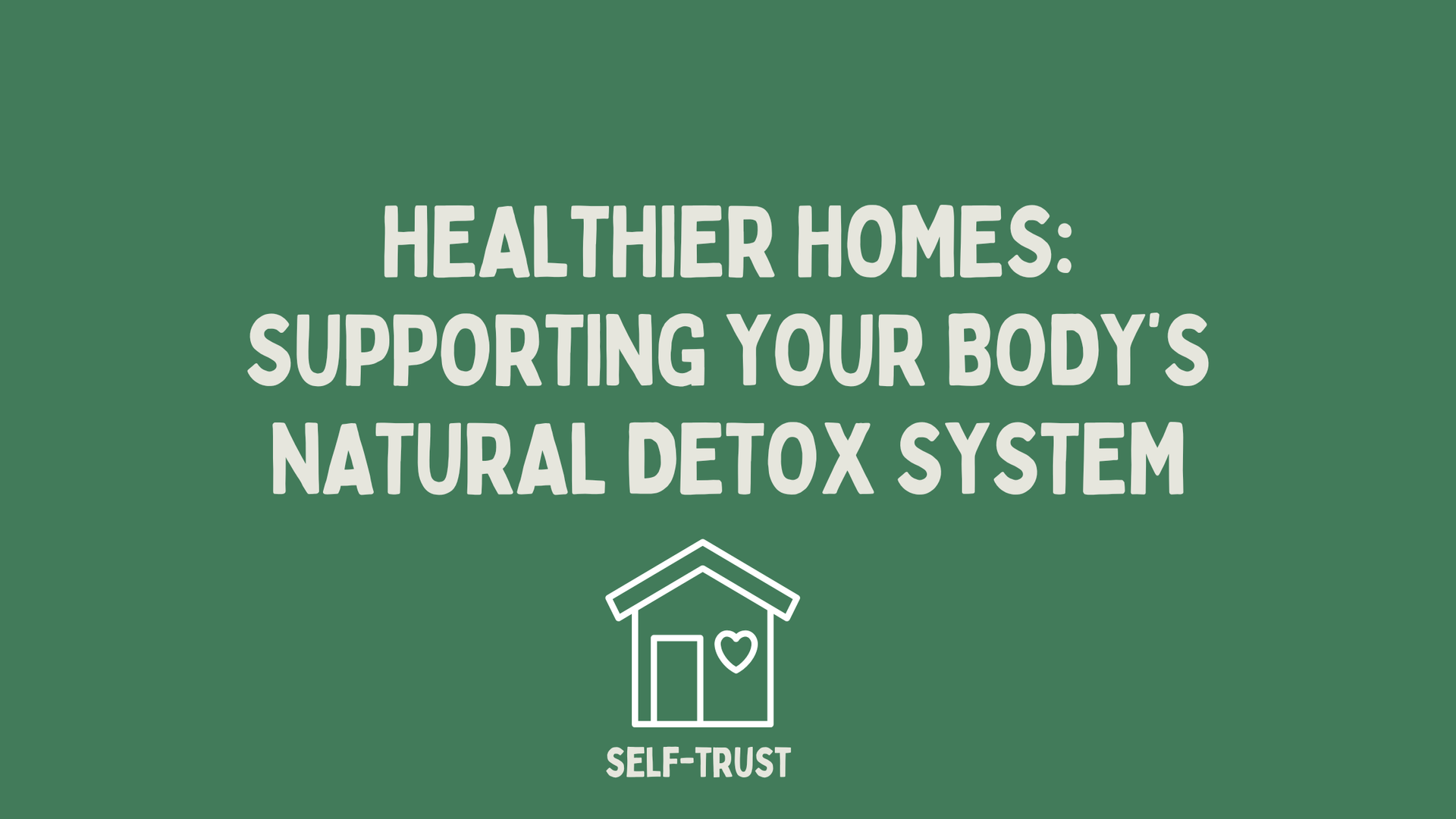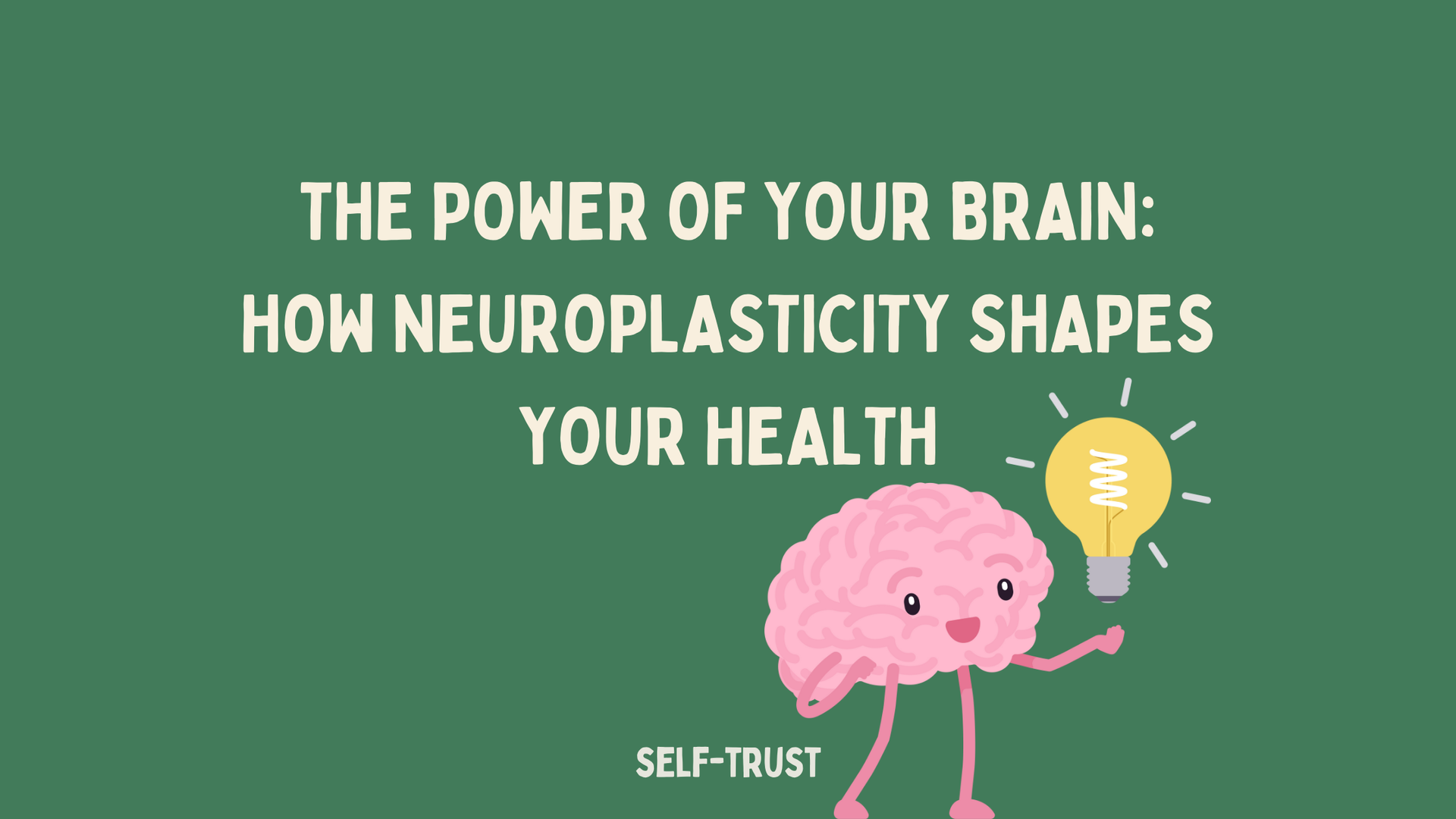Why Risky, Unstructured Play is Essential for Healthy Brain and Body Development
Play Builds Brains (and Bravery)
In our modern world, we've come to value safety, productivity, and structured learning above almost all else. And while structure and protection have their place, we've forgotten something deeply important: children need play. Not just quiet, indoor, tidy play - but wild, free, sometimes messy, sometimes risky play.
Why Risky, Unstructured Play is Essential for our Brain
Play is not just a break from learning. Play is learning. And the more unstructured and physically engaging that play is, the more powerful its impact becomes.
Unstructured, outdoor play helps wire the brain for lifelong learning. It builds creativity, emotional regulation, resilience, and adaptability. It's in play that children learn how to be curious, how to give things a go, make mistakes, fail, and go again. It's how they learn to learn.
But it's not just the brain being shaped here - it's also the body.
When kids are allowed to run, climb, fall, and get back up, their nervous systems come alive. Movement stimulates the spine, and spinal movement is responsible for up to 90% of the brain's nutrition and stimulation. That's why physical movement isn't optional - it's essential. Especially during the early years when the body and brain are rapidly developing.
Risky Play Teaches Real-Life Skills
One of the most powerful forms of play is risky play. And it's something we, as adults, often want to avoid. We worry about scrapes, bruises, and the "what ifs." But here's the truth: kids need to take risks. It's how they develop bravery, confidence, and real-world problem-solving skills.
When a child climbs a tree, balances on a log, jumps from a height, or races down a hill, they're not just "being wild" - they're:
- Learning to assess risk
- Testing their physical strength, agility, and coordination
- Making independent decisions
- Developing awareness of their own limitations
- Practising resilience when things don't go to plan
This is how confidence is built - not through praise or theory - but through experience.
Through risky play, children learn the cause and effect of their actions. They gradually develop strategies to navigate challenges and build emotional regulation through lived trial and error. They come to trust their own instincts. This is the foundation of self-trust and self-confidence.
Outdoor Play Strengthens the Body
Active, outdoor play strengthens the connective tissues, builds muscular and ligament resilience, and keeps the body flexible. These are the foundations that help prevent injury and support lifelong movement.
Encouraging your child to be barefoot outdoors, to climb, to balance on uneven terrain, and to move their body freely - all of this is vital for healthy physical development. It gives them the physical tools to match their mental courage.
How to Support Healthy Risky Play
As a parent or caregiver, you don't need to plan elaborate activities. You just need to make space for play - and get comfortable with a little risk. Here's how:
- Encourage play in wide open outdoor spaces
- Let them climb, balance, jump, and build
- Avoid constantly saying "be careful" or "don't do that"
- Supervise from a distance and allow natural consequences to guide learning
- Make time for unstructured, tech-free play every day
- Support their body through chiropractic care to ensure their spine and nervous system can keep up with their growth and movement needs
Let Play Be the Teacher
Children don't learn about bravery, strength, and confidence by being told what to do. They learn it by living it. They need opportunities to push their boundaries, explore their bodies, and solve problems with their own minds and muscles.
Because when we allow our kids to play - freely, physically, and even a little riskily - we're giving them more than fun. We're giving them the best foundation for a strong, capable, resilient future.
Confidence Comes From Experience
Movement nourishes the brain. Confidence comes from experience. And play is how it all comes together.
Want to support your child's development from the inside out? Chiropractic care can help ensure their nervous system is ready for all the climbing, jumping, and exploring ahead.
Book in online to have their spine assessed and support their body for everything they're growing into.


